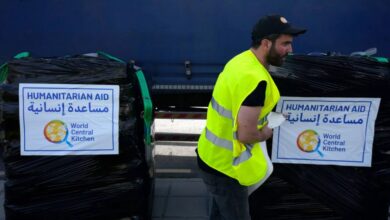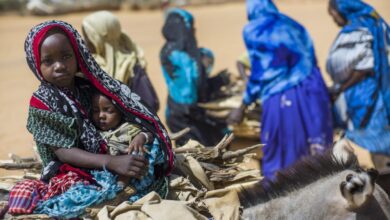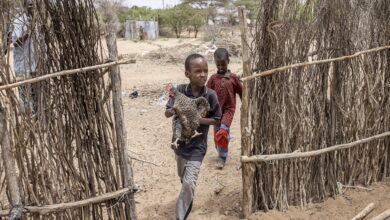Interview with Professor َAnna Oriolo about the war in Ukraine and its role in food security from the point of view of an international law
This interview was in the form of correspondence

Hello professor
Could you do us a favour and answer these questions (ُShe kindly responded to our questions);
1-In your opinion, the war in Ukraine can be called a special defence operation from the point of view of international law?
It definitively can’t. Under article 2.4 of the United Nations Charter, all Member States (thus Russia too) “shall refrain in their international relations from the threat or use of force against the territorial integrity or political independence of any state, or in any other manner inconsistent with the Purposes of the United Nations.”
The principle enshrined in article 2.4 of the Charter is often seen as the archetypal example of a jus cogens norm, i.e., a peremptory, mandatory rule.
The only express exception is the “self defence” under article 51 of the UN Charter, “if an armed attack occurs against a Member of the United Nations until the Security Council has taken measures necessary to maintain international peace and security”.
2-Considering that food production, storage and distribution networks during the war in Ukraine, are in jeopardy are there any special rules in international law regarding the preservation of production resources such as farms and food storage such as wheat silos?
In general terms, under international humanitarian law, the parties to an (international) armed conflict must, at all times, direct their operations only against military objectives (Art. 48 Additional Protocol I to the 1949 Geneva Conventions).
As for the specific issue concerning the food protection, the 1977 Additional Protocols to 1949 Geneva Convention protect objects indispensable to the survival of the civilian population. It is therefore prohibited to attack, destroy, remove or render useless, for that purpose, these objects, such as foodstuffs, agricultural areas for the production of foodstuffs, crops, livestock, drinking water installations and supplies and irrigation works (Protocol I, Art. 54 (2); Protocol II, Art. 14).
In addition, intentionally using starvation of civilians as a method of warfare by depriving them of objects indispensable to their survival, constitute a “war crime” under Art. 8(b)(xxv) of the Rome Statute of the International Criminal Court (ICC).
3-You know that with the help of the United Nations and with difficulty, permits for the passage of food ships were given. Is it necessary to plead with the warring parties to keep the sea routes of food trade open? Can’t the passage of food be legally guaranteed?
The right to food is closely connected to the inalienable right to life. If you refer to the right to food of civilians in time of war, all possible measures must be taken by the parties to a conflict to ensure that “the civilian population may be received under satisfactory conditions of (…) nutrition” (Art. 49 1949 Geneva Convention IV). So, the passage should be guaranteed. But it is evident that the rules are not always respected.
4-The Ukraine war crisis, directly and indirectly, threatened food security in the world. Can cause this type of threat to be prosecuted one day? Is there such a perspective in international law?
Yes, if the if the starvation derives from an “intentional” use of food as a weapon of war, it is an international crime, i.e., a war crime (Art. 8(b)(xxv ICC Statute).
5-If it becomes clear that in any war, including the war in Ukraine, the leverage of disrupting the food and agricultural trade network in the world (either causing food shortages or inflation in prices) will be used as an indirect weapon to put pressure on all or part of the world. has been used, can these behaviours be called a crime against humanity? Can it be prosecuted?
If the intentional use of starvation causes great suffering, or serious injury to body or to mental or physical health and is committed as part of a widespread or systematic attack directed against any civilian population, it could also constitute a crime against humanity (art. 7 (1) (k) ICC Statute).
Professor, thank you for your answers




